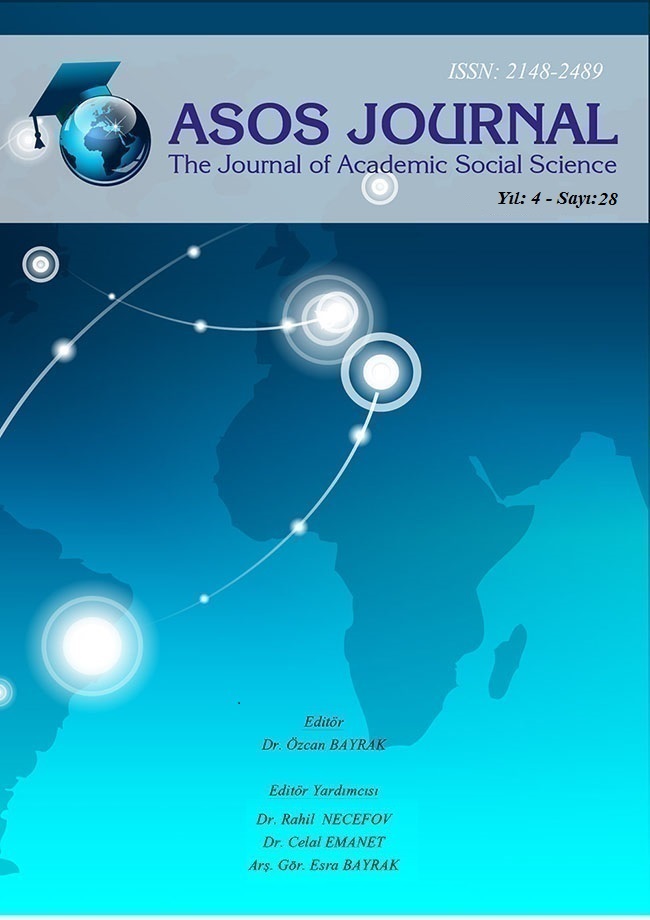Author :
Abstract
Dans le cadre de cet article, l’objectif est de déterminer la problématique de l’écriture dans L’amour, La Fantasia d’Assia Djebar. L’écriture ouvre un nouvel horizon et permet de lier les gens. Djebar dénonce la discrimination, la révolte dans la langue du colonisateur car cette langue est considérée comme une seule moyenne de libération. L’écriture ressuscite et ranime la voix. Il n’existe pas de liberté sans écriture. La lettre est le protagoniste et l’écriture est considérée comme la seule moyenne de s’ouvrir et de s’adresser à l’autre. On écrit pour soi-même et pour autrui. Puisque le verbe est visible, la parole prend corps. Pour une femme « écrire », c’est devenir une personne. Elle est à la recherche de l’épanouissement personnel. On se pose quelques questions ainsi que “Pourquoi, comment et dans quelle langue écrire?” On a accentué le fait qu’écrire est au cœur de son œuvre l’amour, la fantasia.
Keywords
Abstract
The aim of this article is to determine the problematic of writing in Fantasia: An Algerian Cavalcade of Assia Djebar. Writing opens a new horizon. Djebar denounces discrimination, the revolt in the language of the colonizer. Writing revives and rekindles the voice. On the other side, there is no freedom without writing. The letter is the protagonist and the writing is seen as the only mean to open up and to speak to each other. By writing, she proves her identity. Thus, her existence is related to writing. We write for oneself and for others. Since the verb is visible, the word takes shape. For a woman to "write" is to become a person. She is in search of personal fulfillment. We ask a few questions as "Why, how and in what language to write?" It highlighted the fact that writing is at the heart of her work Fantasia: An Algerian Cavalcade.





